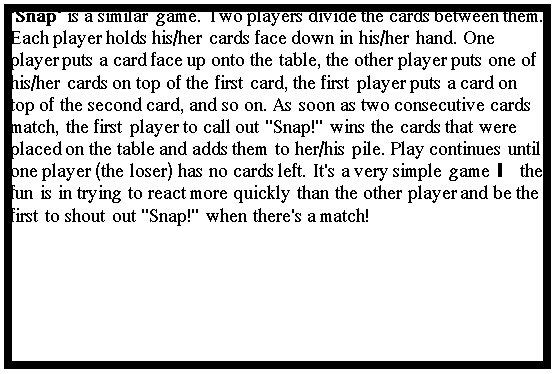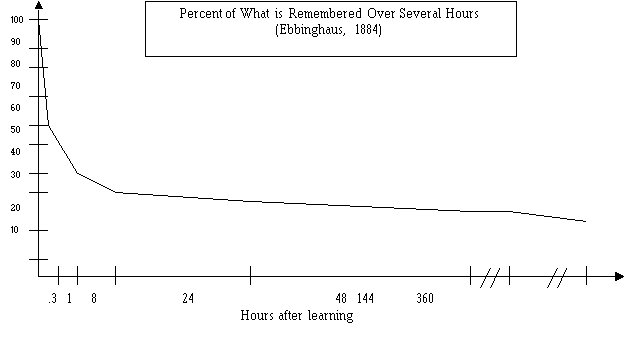

| Target Word: | Key Word: | Picture: |
| Mourning = being sad because of someone's death' | Morning | Someone being sad about someone who died in the morning |
| Petite =
Small, little |
Pet | A very small pet such as a toy poodle |
| Trifle = something of little value | Rifle | A very old rifle that doesn’t work and you can’t sell to anyone |

